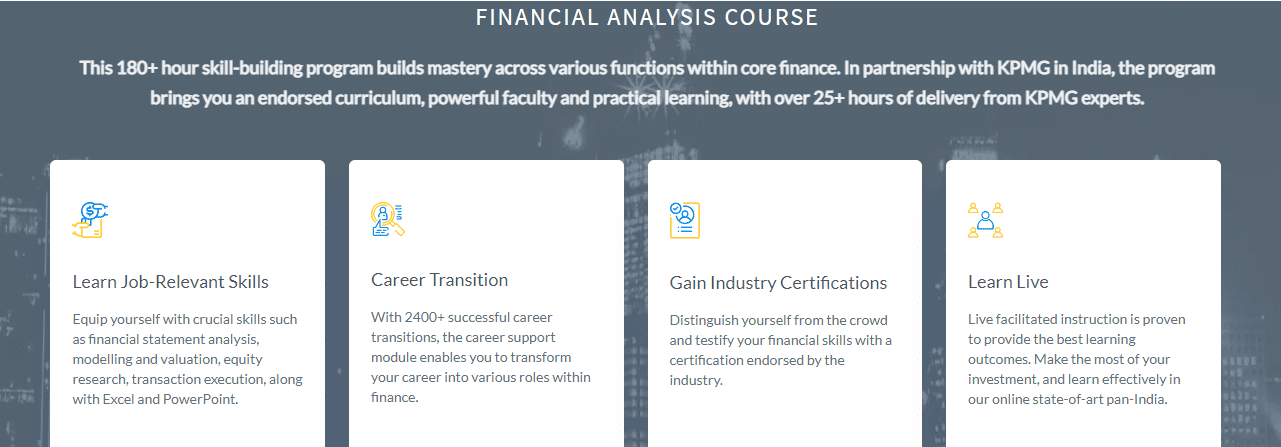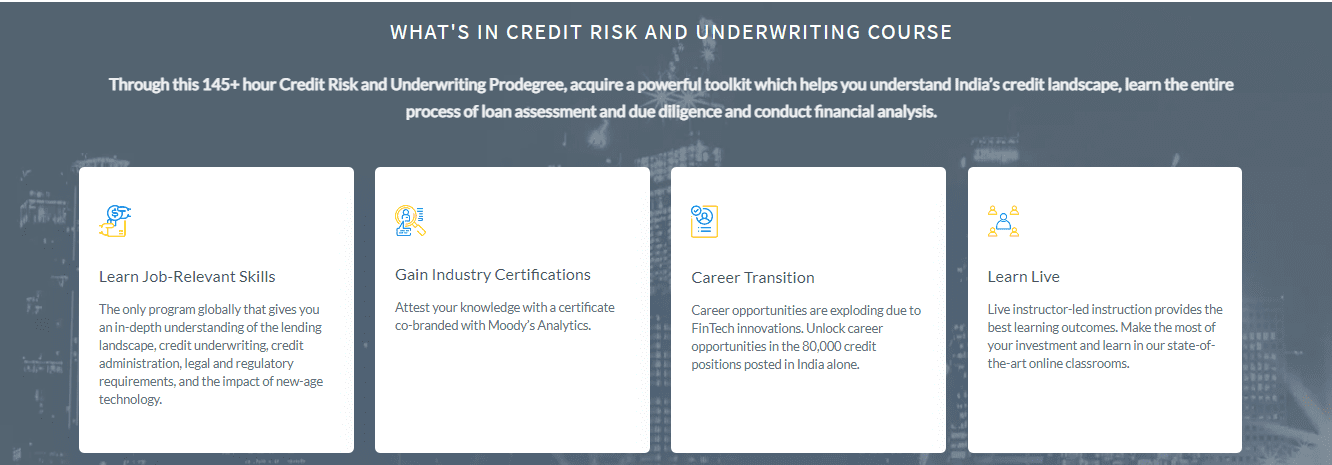How risk management courses are vital to the success of companies
For businesses to succeed in 2022, they will need risk management courses. With new technology and changes in the economy, companies can no longer afford not to take risks into account. That is why it’s more important than ever for companies to have a risk management plan. This blog will discuss the importance of risk management courses and how they can help your business succeed!
What is risk management?
It is the process of identifying, assessing, and managing risks. Businesses need to have a risk management plan to identify potential risks and take steps to avoid them. By identifying risks early on, companies can save themselves a lot of money and time in the long run.
There are different types of risks that companies face. Some of the most common risks include:
- Operational risks: These are risks associated with day-to-day operations. Examples of operational risks include data breaches, cyber-attacks, and natural disasters.
- Financial risks: These are risks associated with a company’s finances. Financial risks include unsuitable investments, currency fluctuations, and interest rate changes.
- Reputational risks: These are risks associated with a company’s reputation. Examples of reputational risks include negative press, social media backlash, and product recalls.
Here are some of the benefits of risk management courses
For businesses, having a workforce trained in risk management can help avoid costly mistakes and disasters. Taking a risk management course can improve employees’ job satisfaction and job security.
Many businesses have to reconsider their risks in the wake of the COVID-19 epidemic. Consequently, there has been a resurgence of interest in risk management courses.
Companies have often neglected to invest in risk management training for their employees in the past. It is because they believe that it is not necessary or that it is too expensive. This attitude has changed in recent years.
With the increasing rate of natural disasters and other risks, companies realize the importance of investing in risk management courses.
Therefore, it is vital for today’s businesses to have a trained workforce in risk management. By doing so, companies can avoid costly mistakes and disasters. You should consider investing in employee risk management training if you run a business. It might be the most significant decision you ever make.
Discover financial risk management course with Imarticus Learning
This capital markets certificate provides students with a thorough understanding of investment banking, capital markets, risk management, and fintech. It offers a diploma in risk management for experienced middle managers wanting to restart their financial service careers.
Course Benefits for Learners
- Students will be able to meet and converse with their classmates and industry experts as a part of this equity research course.
- Learn with a curriculum that prioritizes results and a practical learning style. Students will study critical concepts in this course, including investment banking, capital markets, risk, and fintech.
- It’s a comprehensive risk management course covering everything students need to know about the financial markets and how they operate.
Contact us through chat support, or drive to one of our training centers in Mumbai, Thane, Pune, Chennai, Bengaluru, Delhi, and Gurgaon.




 Here, we are going to talk about what
Here, we are going to talk about what 

 Comfort with Financial/Statistical software: Credit analysis requires risk analysis using statistical software. Knowledge & comfort working on such platforms is an advantage.
Comfort with Financial/Statistical software: Credit analysis requires risk analysis using statistical software. Knowledge & comfort working on such platforms is an advantage. Through this Credit Risk and Underwriting Prodegree, students acquire a powerful toolkit that helps them understand the credit landscape, learn the entire process of loan assessment and due diligence and conduct financial analysis. The students get hands-on learning experience and explore five comprehensive case studies linked to different aspects of the curriculum.
Through this Credit Risk and Underwriting Prodegree, students acquire a powerful toolkit that helps them understand the credit landscape, learn the entire process of loan assessment and due diligence and conduct financial analysis. The students get hands-on learning experience and explore five comprehensive case studies linked to different aspects of the curriculum.
